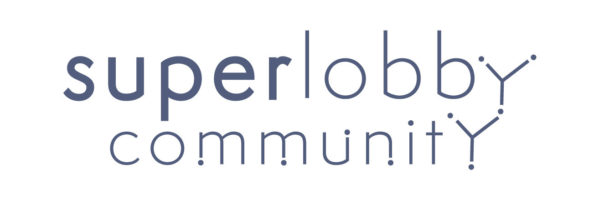
The first thing I noticed when starting in Public Affairs is how difficult it is was to sell the profession and the cases I was dealing with. This holds true in every capital but even more so in Brussels. Your clients or boss or even your colleagues follow your work with sceptics, and there is a general understanding that you got the cool job while everybody is doing the actual work. Don’t worry this is not new. Even Nicolo Machiavelli enjoyed the distrust of his colleagues in Florence while he was appointed to various French courts. Here are some tips to sell the profession and yourself.
Don’t Cry Wolf
One of the best ways to up the standing of yourself is not to make everything more important than it is. Don’t cry wolf when there is actually nothing going on. This is very counterintuitive because one reaction is to dramatize every legislative proposal or negative media attention. Being able to nuance and even blatantly say; “This is not important” while giving you instant kudos from colleagues and upper management. You are not wasting peoples time. Then when there is something important people will be more willing to hear you as you don’t have the reputation of the boy that cried wolf.
Map your efforts
I once had this funny experience that my client didn’t believe we could make a difference in upcoming policy, and then when we did he didn’t believe it could be attributed to me. Map your efforts and be vocal about them. Whether it’s the text you or call you made, the little things like having a coffee with an assistant or civil servants. Don’t be afraid to point out how much effort you made. “We sent out 50 letters and organized 10 meetings” You can’t be shy about this. Mapping your efforts doesn’t only allow you to claim success but will also be a buffer when failure arises. Instead of KPI’s, map your proof-points!
Be specific about your goals
It doesn’t help when you articulate your goals very broad at the start of your campaign. If you do you will be scrambling for proof-points when it is all over. At the start of your advocacy campaign, you could articulate goals like “we want to change this article in the proposed legislation” or we are going to meet with 20 MEPs. Then when you do have success (or failure) it is much easier to attribute it to you.
Don’t be afraid to be held accountable
Not only in political goals but in life it is good to be held accountable. A love of colleagues will go through great strides to explain that their impact is very difficult to measure. Don’t be one of them, There are too many people in this world trying to cover their ass as it is. Invite your clients to hold you accountable for your success and failures. And don’t be afraid to play down your efforts when your role was actually small. Give other people the kudos then. You will enhance your reputation as a trusted interlocutor which is the ultimate proof-point of success.
Don’t be afraid to be held accountable
Not only in political goals but in life it is good to be held accountable. A love of colleagues will go through great strides to explain that their impact is very difficult to measure. Don’t be one of them, There are too many people in this world trying to cover their ass as it is. Invite your clients to hold you accountable for your success and failures. And don’t be afraid to play down your efforts when your role was actually small. Give other people the kudos then. You will enhance your reputation as a trusted interlocutor which is the ultimate proof-point of success.
Celebrate succeses
When you do win in a case and bring it to a succes; celebrate! Do it with your partners, stakeholders, clients or bosses. Make sure that successes don’t go unnoticed. You earned, might as well make sure that celebrate for that one moment in time

